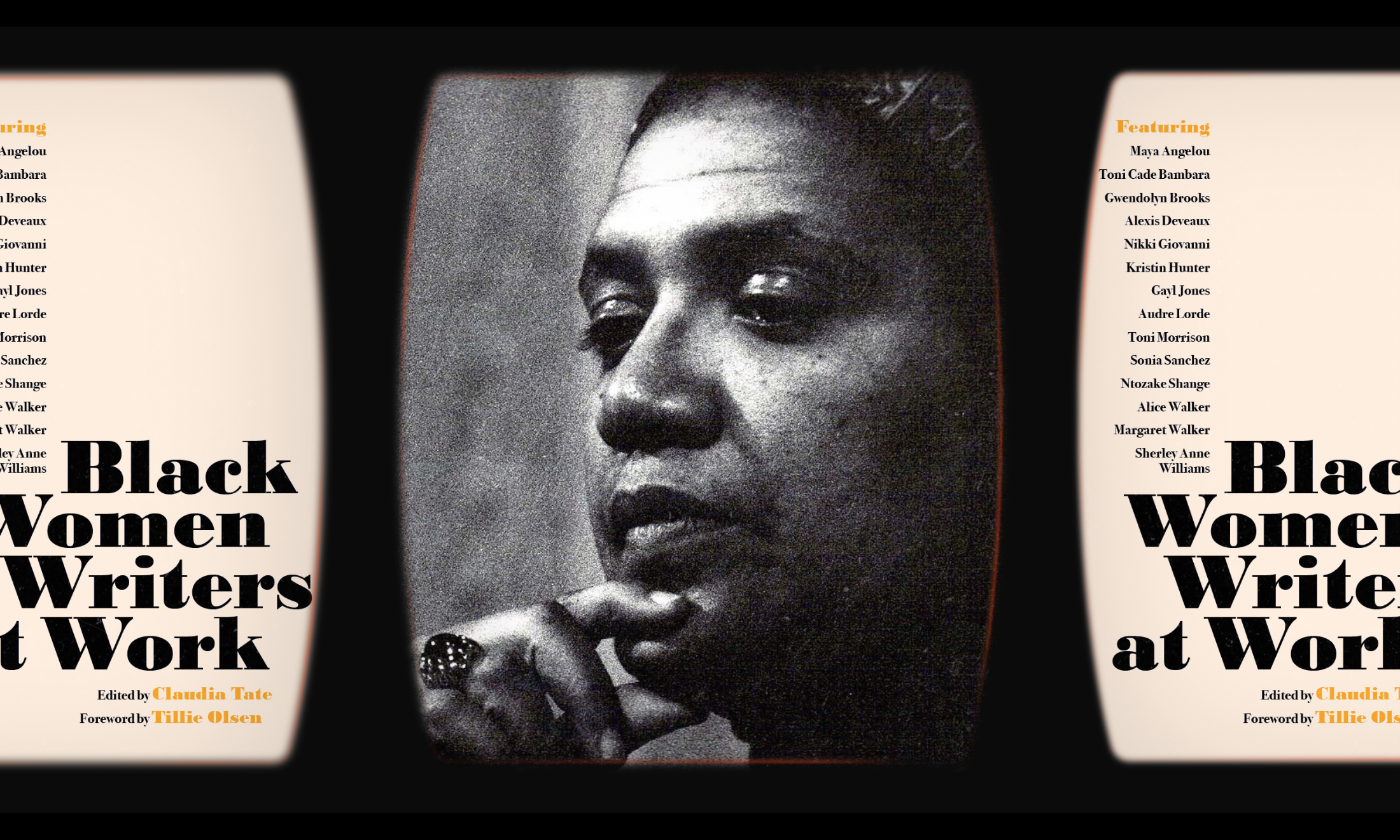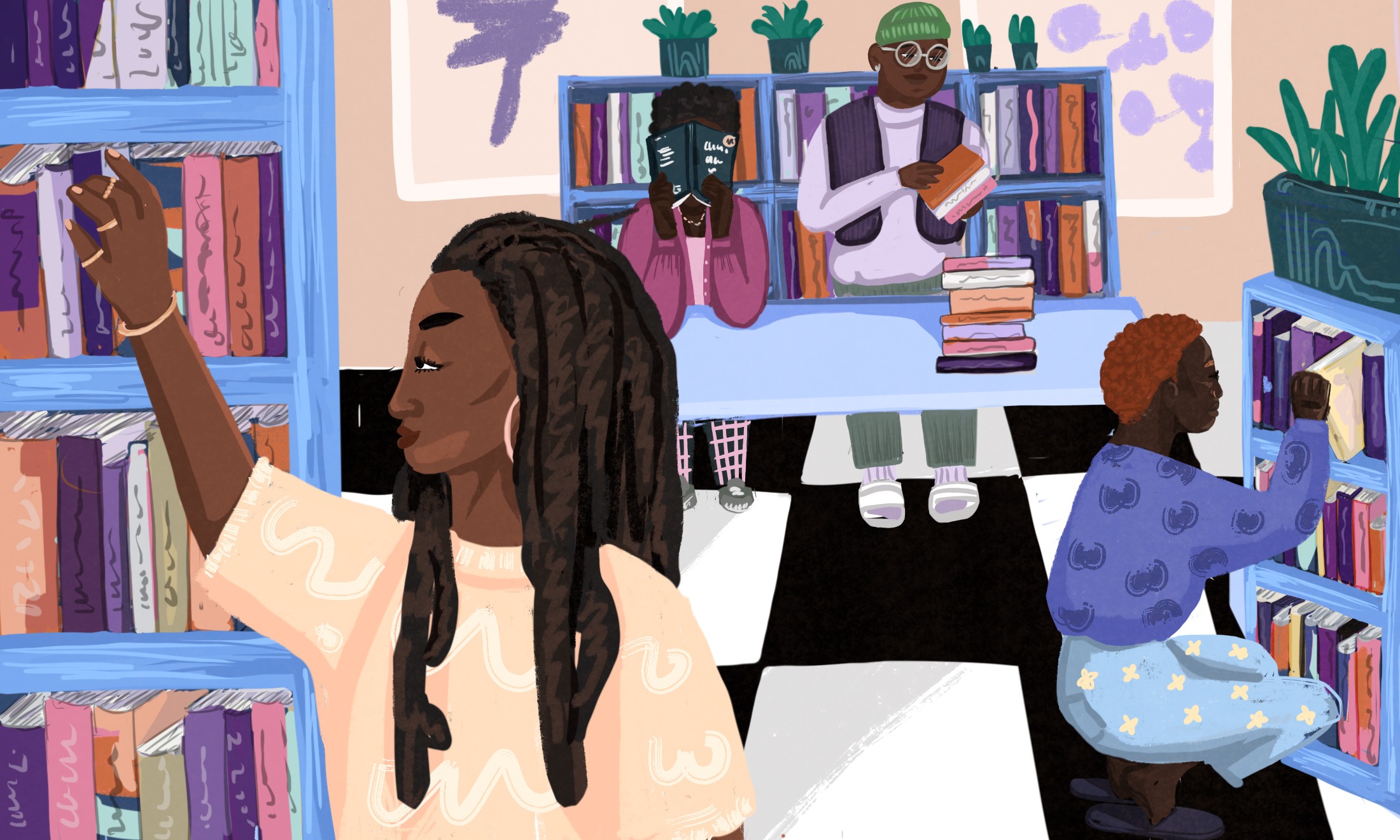
Do we need greater diversity in recipients of the ‘Words by Women’ awards?
Alice Kemp-Habib
24 Mar 2016
Earlier this week, the Words By Women Awards hosted their debut ceremony recognising the achievements of women in UK media.
Pulled together in less than two months as a deliberate response to the underrepresentation of female reporters in the Press Awards (which took place on Tuesday evening), WBW provided a necessary opportunity to celebrate and showcase diversity in the UK media scene.
Mainstream feminism is notorious for its whitewashing of what constitutes “women’s issues” so the overrepresentation of women of colour on both the judges panel and shortlist was refreshing. Over a quarter of the judges were non-white alongside 20% of nominees – significantly more than the 14% of the UK population represented by people of colour. Sadly though, this diversity did not filter through to the winners, all 15 of which were white.
The awards are undoubtedly a step in the right direction, yet the absence of women of colour among award recipients is disappointing. Recognition breeds success, opening up further opportunity for career progression and we all know that opportunity is something white privilege is well accustomed to. Ironically judge Anne Alexander highlighted the problem in a 2013 Guardian article entitled “Where are Britain’s black journalists?”, noting that “I fully support fair representation for women, but at the same time I have to ask, what about the groups who have still barely even made it to the table?” Three years later, the issue persists.
Non-white women face the doubly high barrier of race-gender oppression so the proportion shortlisted is a celebration in itself; this however doesn’t mean we should placate ourselves with “maybe next time”. The increased visibility that will inevitably be afforded to WBW winners would have been invaluable to female writers of colour who, on a societal scale, are oft-unheard voices. The Twitter bio of broadcast finalist Fatima Manji poignantly quotes Indian author Arundhati Roy, “There’s no such thing as the voiceless, only the deliberately silenced and the preferably unheard.” Significant too is the impact on young female would-be creatives. As a mixed-heritage journalism undergrad, I want assurance that my achievements are equally as likely to be acknowledged and celebrated as those of my white counterparts.
This is not a plea for affirmative action; there are plenty of talented writers of colour who were just as deserving of the awards. However, a conscious effort is required to ensure that they gain recognition. Let’s hear it one time for the Fatima Manji’s and June Eric Udorie’s – we appreciate you.









